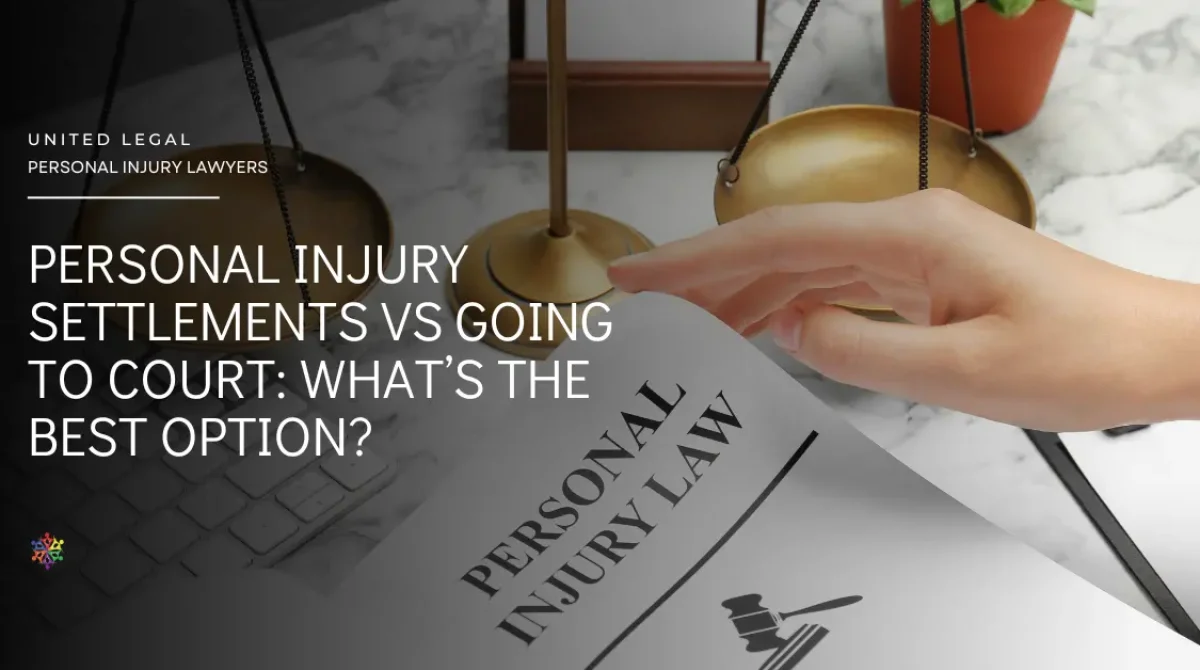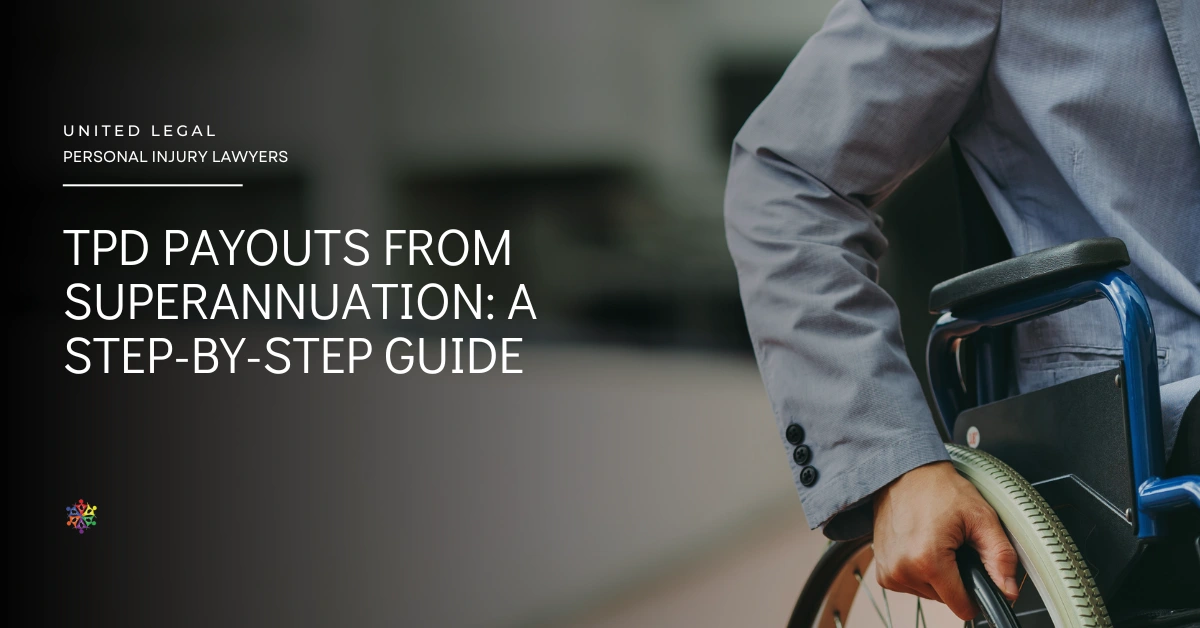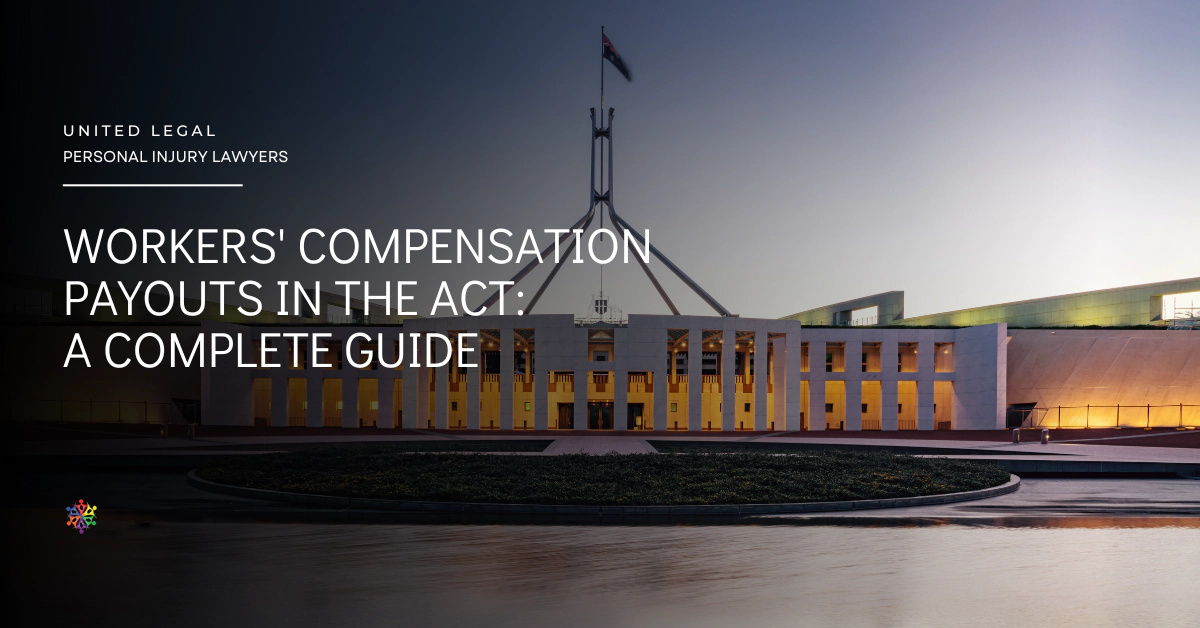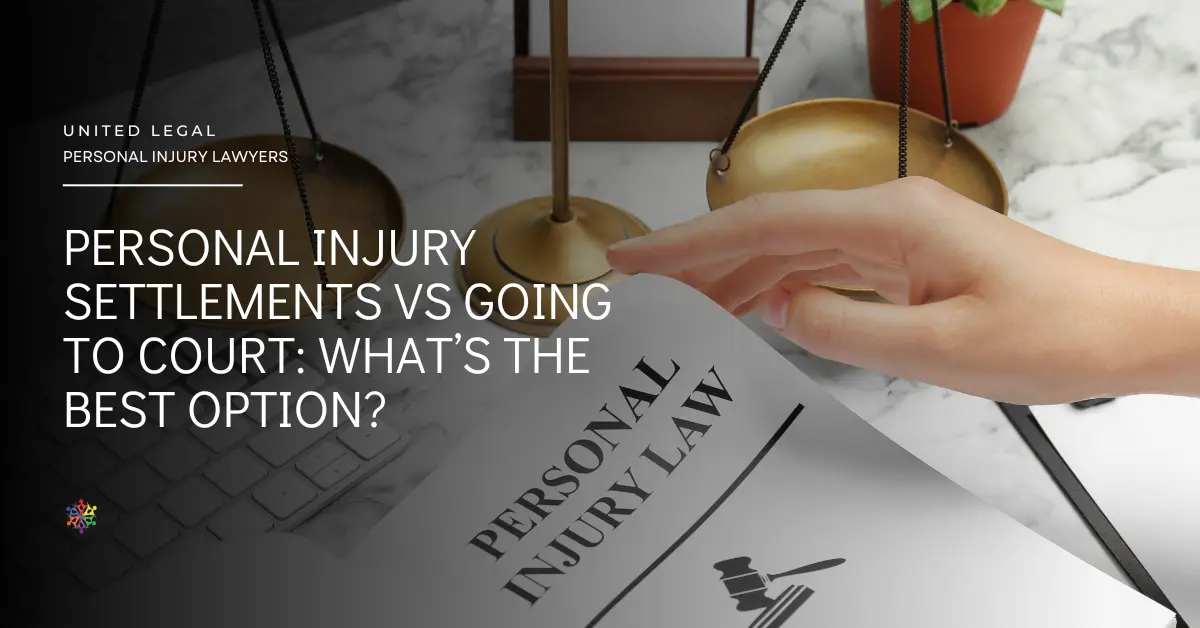An injury sustained in a personal context, from a car accident, slip and fall, or accident at work-presents a general onslaught of problems, all varying from physical suffering, emotional distress, and finally, financial stress. One of the most crucial decisions to be made is whether to settle or fight compensation claims in court. Both options carry their advantages and disadvantages. In this article, we dissect the major differences between personal injury settlements and court proceedings under Australian law to help you understand which option suits your interests better.
What You Need to Know
A personal injury settlement occurs when the at-fault party (or their insurer) agrees to compensate you for your injuries without going through a formal court process. The settlement usually involves negotiation, and once you agree to the terms, the case is resolved.
Pros of SettlingFaster Resolution
One of the main advantages of settling a personal injury claim is the speed at which it can be resolved. Going through the court process can take months, if not years, depending on the complexity of the case. On the other hand, a settlement can often be reached within a few months, helping you get the compensation you need sooner.
Lower Costs
Court cases are expensive. There are legal fees, expert witness fees, and the costs of preparing for the trial. By settling, you avoid these costs, as settlement typically doesn’t require the same level of preparation as a court case.
Certainty and Control
When you settle, you know exactly what compensation you will receive. There’s no risk of the case being dismissed, and you won’t have to face the possibility of an unfavourable decision from a judge. It also allows you to control the timing and terms of the resolution, rather than leaving everything to the discretion of the court.
Less Stressful
Going through a trial can be emotionally draining, especially when it involves public hearings, cross-examinations, and the potential for a prolonged legal battle. A settlement can take away much of this stress and uncertainty, allowing you to focus on recovering from your injury.
Cons of Settling
Lower Compensation
Settling usually results in a lower payout than what you might receive if you win a court case. Insurers know that people often settle for less because they want to avoid the stress of going to trial. While settling can provide quick relief, you might be shortchanging yourself in the long run.
No Public Record
While settlements can be finalised quickly, they often do not have the same transparency as a court case. This means that others involved in similar situations may not be able to learn from your case.
Pressure to Settle
In some instances, the defendant’s insurance company may apply pressure to settle early, especially when they know you’re in financial distress. While it’s often a good idea to settle, it’s important to ensure that the settlement amount adequately covers your medical bills, lost wages, and pain and suffering.
Going to Court: Is It Worth the Hassle?
Taking a personal injury claim to court means you’re fighting for justice in front of a judge or jury. This option is typically considered when the settlement offers are too low or when the at-fault party denies liability.
Pros of Going to Court
Larger Compensation
If you win in court, you’re likely to receive a larger payout. Judges have the authority to award you more compensation, especially if the injuries are severe or long-term. This can be important if your medical costs or lost wages are substantial.
Public Record
Court cases are public, meaning your case is documented and can set a precedent for others. This may be particularly relevant if your case involves a serious issue or an accident that could affect other people. It can bring attention to unfair practices or highlight a larger issue.
Complete Justice
If you believe that the responsible party should be held fully accountable for your injuries, going to court can ensure that you get the justice you deserve. You can present your case, cross-examine the other side, and let the judge or jury decide.
No Immediate Pressure
When you’re in court, there is no immediate pressure to settle. You can present your evidence, argue your case, and wait for a fair decision. This can be reassuring, especially if you feel that the settlement offers were unfair or too low.
Cons of Going to Court
Time-Consuming
Court cases can take a long time to resolve. You might have to wait months or even years before your case is heard. During this time, you could be dealing with financial hardship, medical bills, and other stresses. It’s often a long journey before reaching a resolution.
High Costs
Litigating a personal injury case can be expensive. You’ll need to pay for legal fees, expert witnesses, and the costs of preparing for the trial. If you lose your case, you may even be required to pay the other party’s legal fees, which can be a huge financial burden.
Emotional Toll
Going through a trial can be emotionally draining. The legal process is adversarial, and you might face aggressive questioning from the other side’s lawyers. It’s not an easy experience, especially when your physical and mental health are already impacted by the injury.
Uncertain Outcome
Even if you have a strong case, there is no guarantee that you’ll win in court. Trials are unpredictable, and juries or judges can rule in unexpected ways. There’s always the risk of an unfavourable outcome, and even if you win, you may face delays in receiving your compensation.
So, What’s the Best Option?
In Australia, the decision to settle or go to court depends on several factors, including the strength of your case, the amount of compensation you’re seeking, and how much time and energy you can afford to put into the process.
Settling is often best if you want a faster, more certain outcome and are satisfied with a reasonable compensation offer. It’s particularly ideal if your injuries are minor or if your medical costs are manageable.
Going to court might be the right option if you’re not satisfied with the settlement offer, if the at-fault party is denying liability, or if your injuries are severe and require more compensation than a settlement can offer.
Always consult with an experienced personal injury lawyer before making your decision. A lawyer can assess your situation, explain your options, and guide you through the process, whether you settle or go to court.
Ultimately, there’s no one-size-fits-all answer. The best choice will depend on your individual circumstances and what you feel is the right path to secure the compensation you deserve.
Read more: How long do Workers’ Compensation Settlements Take?
United Legal Canberra helps individuals in maximising their settlement outcomes and guides them through the entire process. For more details get in touch at (02) 6295 2283 or email us at admin@unitedlegal.com.au and make an appointment it only takes a few minutes.














